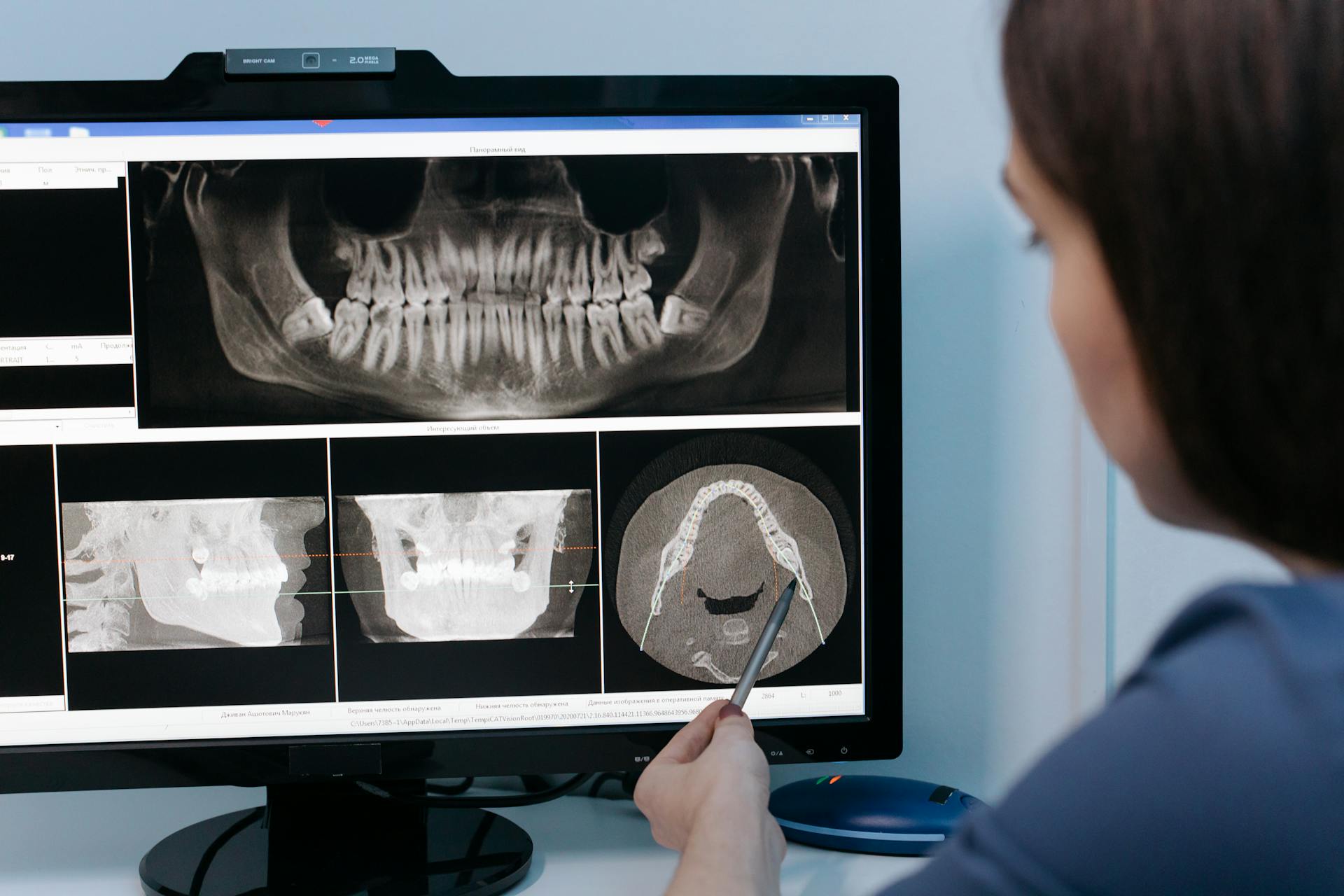Health
What You Need to Know about Oral and Maxillofacial Surgery Specialist
Written By
Admin • 08 November 2024

When experiencing issues related to teeth and mouth, you can visit a dentist for treatment. However, in cases requiring complex dental procedures through surgery, the dentist will refer you to an oral and maxillofacial surgery specialist.
This specialist is skilled in performing surgery to address abnormalities or disorders in the mouth, jaw, face, head, and neck areas.
Conditions That Can Be Treated by an Oral and Maxillofacial Surgery Specialist
Oral and maxillofacial surgeons generally handle the following conditions:
-
Impacted teeth: a condition where a tooth’s growth is obstructed by other teeth, bones, or gums. This commonly occurs with wisdom teeth but can affect other teeth as well. Poorly erupted teeth can cause infection and swelling in the surrounding gums. Additionally, teeth "trapped" in the gums can cause permanent damage to the nearby teeth, gums, and bones and may sometimes lead to cysts or tumors that can damage the jaw.
-
Jaw joint disorder (Temporomandibular Joint): a disorder of the temporomandibular joint, which connects the jawbone to the skull. Issues with this joint can include jaw pain, clicking sounds, jaw stiffness, and headaches. Surgery is required if medication and physical therapy are no longer able to relieve the symptoms.
-
Misaligned jaw: a severely misaligned jaw may require surgery to correct the position of the jaw, whether the upper, lower, or both. The goal is to align the jaw properly so it can function well for chewing and swallowing.
-
Dental implants: placing dental implants in the jaw can be done by an oral surgery specialist. Dental implants involve the placement of artificial titanium roots to replace damaged or missing teeth. However, before proceeding, certain criteria need to be met, such as sufficient bone level and density, low risk of infection, and good oral hygiene.
-
Maintaining long-term use of dentures: changes in the supporting bone over time can cause dentures to fit improperly. In some cases, oral and maxillofacial surgeons can perform bone grafting in areas requiring additional support.
-
Dental trauma: oral and maxillofacial surgeons also play a role in treating trauma to the teeth and jaw, such as broken teeth and fractures of the upper or lower jaw. Dental trauma is common in children, often due to sports injuries, falls, or fights that cause severe impact on the teeth.
When to See an Oral and Maxillofacial Surgery Specialist?
If you have concerns with your teeth, gums, or jaw and are unsure which dental specialist to visit, your first step can be to see a general dentist. General dentists have the basic knowledge and skills to address various dental and oral issues and can provide an initial diagnosis.
After conducting an examination, the general dentist will determine if you need specialized treatment from a dental specialist. If surgery is required, the dentist will refer you to an oral and maxillofacial surgery specialist. Schedule a consultation session with a dentist at Tzu Chi Hospital.
Topic





